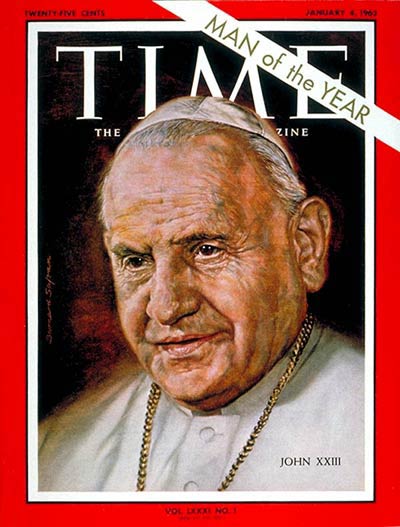Today’s saint was a deacon in this same manner in Persia in the 4th and 5th centuries. St. Benjamin was martyred in AD 424 during a persecution through two kings of Persia and for about forty years. The Eastern Roman Emperor Theodosius II was able to obtain his release after being imprisoned but with the condition that he not preach. St. Benjamin “declared it was his duty to preach about Christ and that he could not be silent.” He was then subjected to brutal torture, which killed him.
Today’s deacons may not be called to martyrdom, but they are called to preach the Gospel, to witness, and to serve the People of God in the ways directed by Vatican II. According to a study commissioned by the USCCB in 2021-2022, there were over 20,000 permanent deacons, with more than half of them in active ministry. We have been blessed by this ministry. Thus, we need to continue to promote vocations to the diaconate as well as to the priestly and religious vocations. The People of God need men and women to dedicate themselves to serving others so we may come closer to God. Be open to God’s call. St. Benjamin, pray for us.



 *
*